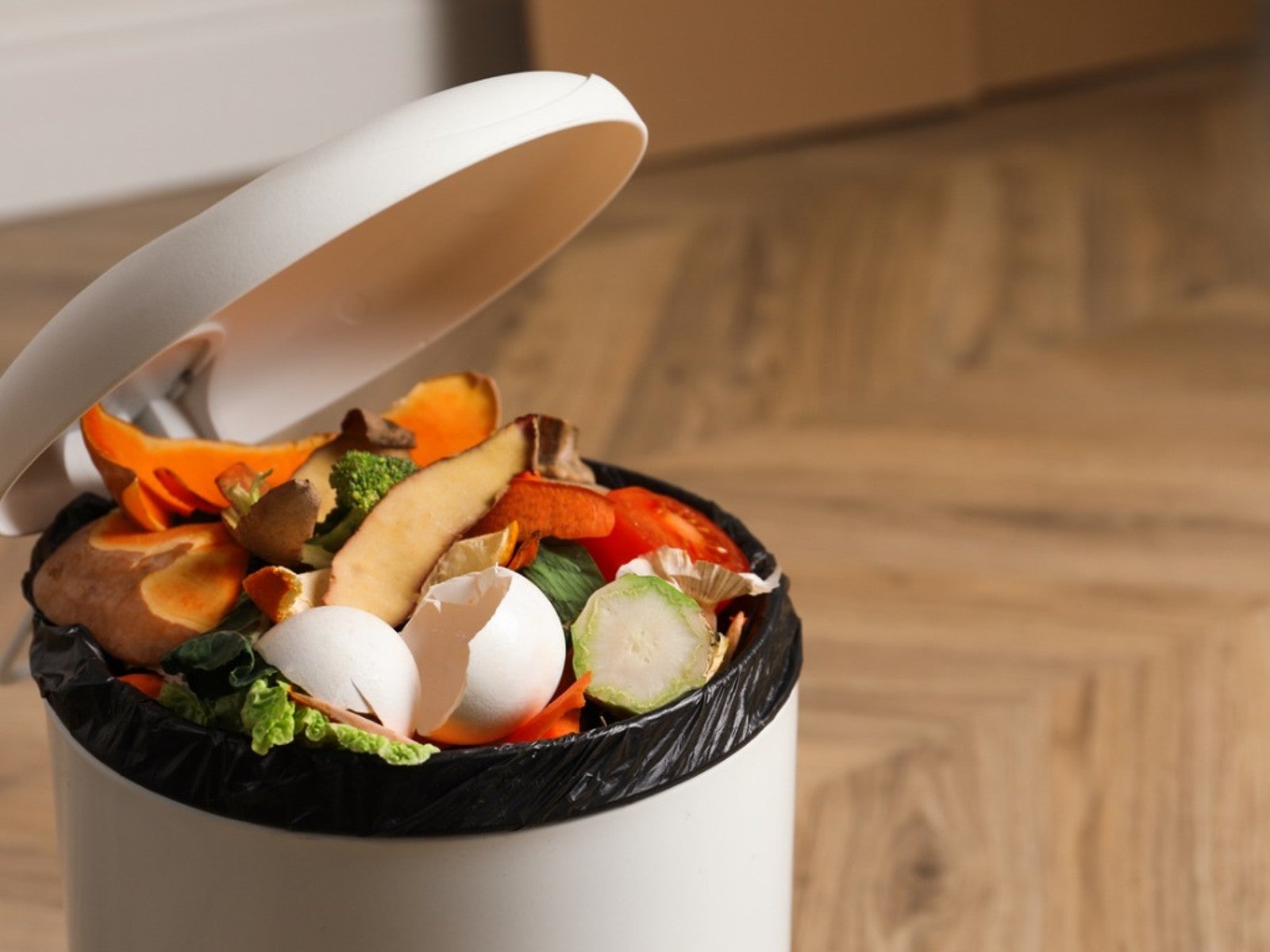
By now most of us know the benefits of composting our yard detritus, but what about composting food waste? In the year 2015 it was estimated about 95% of food waste was dumped into a landfill, which isn’t ideal. Why is food waste a problem? Well it’s literally a waste when composting can turn food scraps into nutrient rich soil, but there are other benefits to compost vs. landfill not as widely known. Read on to learn why you should be composting your food waste.
Food Waste Facts
An overwhelming majority of Americans do not compost their food scraps. Instead, we dump them in the garbage contributing to the amount added to landfills. Landfills, by the way, are finite. They do fill up and when that happens they close. Just as landfills are finite, so is the space on the planet for more landfills.
The other big issue with dumping food scraps into a landfill is that they increase the amount of methane gas produced by the pile. When food is dumped in a landfill it begins to decompose under tons of other garbage without the benefit of oxygen which, in turn, releases methane. Why is methane a big deal?
Food Waste and Climate Change
Methane is a greenhouse gas that is 28 to 34 times more potent than carbon dioxide. It is responsible for 25% of today’s global warming; the long term warming of earth’s temperature due to the actions of humans.
More than 72% of material entering a landfill can be composted. Composting food waste not only frees up landfill space and slows methane production but reduces water pollution and benefits the environment as a whole.
Food waste dumped in the landfill creates a pungent odor made up of ammonia and leachate. Leachate is the liquid produced when water filters through waste, in this case food waste. It is highly toxic, as it leaches chemicals and other constituents and flushes them into groundwater, soil, and waterways.
Compost vs. Landfill Benefits
Some of the benefits of composting food scraps vs. dumping them in the garbage have already been mentioned but there are many more. Composting food waste protects groundwater and minimizes odors in agricultural regions. Food waste combined with bulking agents also speeds up decomposition and reduces the production of methane and leachate.
Sign up for the Gardening Know How newsletter today and receive a free copy of our e-book "How to Grow Delicious Tomatoes".
Composting food waste binds heavy metals to prevent them from spilling into water sources or being absorbed by plants or humans.
Composting also has huge advantages with relation to the agricultural industry. Compost adds organic matter to poor soils and stabilizes the pH level, retards some plant diseases and weeds, increases the yield and overall vigor of crops, increases water retention in the soil thus reducing irrigation needs, and restores soil that has been denuded of microorganisms and worm populations due to chemical controls.
Purchasing compost is expensive, so the production of the it gives an opportunity for extra income. Not only can a grower add to their income by producing quality compost, but the use of organic compost elicits a higher price for the resulting organic produce.
Whether you compost on your property or contribute to a municipal compost, be assured that you are doing your part on a number of levels to combat global warming in a sustainable manner.

Amy Grant has been gardening for 30 years and writing for 15. A professional chef and caterer, Amy's area of expertise is culinary gardening.
